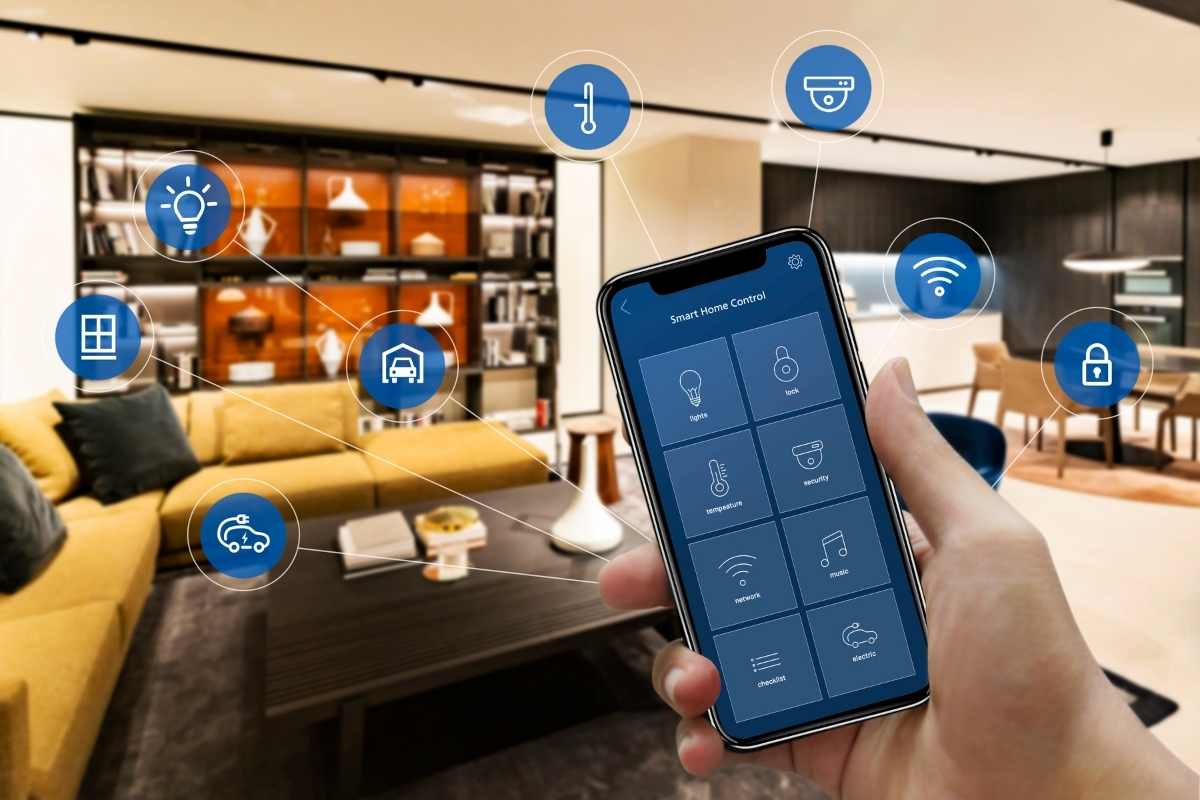Compelling Reasons for Ports to Adopt Smart Technology

Ports worldwide face numerous challenges on many fronts like infrastructure, production capacity, regulation compliance, finances, safety and security, global trade dynamics, sustainability, and more. With increasing globalization and the boom in maritime transport, these challenges will present a bigger impact in the times to come. However, ports can convert these challenges into opportunities by transforming themselves into Smart Ports by adopting advanced digital technologies like 5G, Big Data, and Artificial Intelligence.
What Is a Smart Port?
A Smart Port is a port that is more efficient, better performing, and more price-competitive. It leverages operations using digital technologies to collect and process information in real time, adopt a collaborative approach with stakeholders, and continuously attempt to provide more with a smaller ecological footprint. A Smart Port is intimately connected with the logistics sector and the industrial and urban environments and focuses on sustainable development using new technologies. Some of the top challenges ports face and how they can overcome them with smart technology:
Port Infrastructure
The shipping industry is among the oldest in the world, and so are many ports, especially in Europe and America. Although the port infrastructure has grown considerably over the years, it cannot keep pace with the current boom in maritime trade that has necessitated the use of much larger vessels and the need to comply with stricter regulations. While the expansion of port infrastructure is possible to some extent, one needs to recognize that the construction puts pressure on the marine environment and the hinterland, affecting the public. Smart Ports implement an infrastructure expansion strategy that embraces the port ecosystem, the community, and the residents. Some ports are also merging to make port expansion easier and cause less harmful impact on the environment. They are better poised to use a technologically advanced container terminal management system to manage terminal operations better to reduce port congestion and improve turnaround times.
Cargo Handling Capacity
With the port infrastructure constraints, the capacity of the port to0 handle the increasing volumes of cargo becomes an issue. The augmentation of port capacity becomes difficult due to aging infrastructure and the lack of resources and technology. Smart Ports can become more efficient by using key technologies and serve a higher demand. Automation of cranes and other material handling equipment allows containers to be loaded and unloaded more quickly and handle a large number of vessels and cargo volume.
Finances
When ports fall behind in their ability to grow and handle larger cargo volumes, they become less competitive and lose financially. Without putting technology in place, the ports end up spending more money on manual processes. The inability to forecast traffic accurately and handle the cargo efficiently hurts their productivity. Technology can help provide full supply chain transparency, and the management can access all information on port activities to plan better. According to Shipsta, the lack of visibility is a major concern among shippers.
Conclusion
Modern ports have many challenges to overcome. Customers are increasingly becoming demanding about the levels of service and cost. Legacy port operations can only rise to these challenges with infrastructural expansion and planning for the future with digital technologies that offer better visibility of port operations.











